In the expanding universe of blockchain technology, the Arbitrum Rollup stands out as a beacon of scalability and efficiency. At the heart of its innovation lies the Arbitrum RPC API, a crucial tool for developers looking to harness the full potential of this layer-2 solution. This post aims to unpack the Arbitrum RPC API, providing you with a comprehensive understanding of its functions, integration processes, use cases, benefits, and more.
What is Arbitrum RPC API?
The Arbitrum RPC (Remote Procedure Call) API stands as a pivotal interface that empowers developers to seamlessly interact with the Arbitrum layer-2 blockchain technology. This interface is meticulously designed to mirror the JSON RPC standards established by Ethereum, thereby offering a high degree of versatility for developers who are already well-versed with the Ethereum development ecosystem. The adaptability of the API means that those familiar with Ethereum can easily transition to using Arbitrum’s capabilities without the need for extensive relearning.
One of the core functionalities of the API is to facilitate robust communication channels with the Arbitrum network. This is crucial for performing a wide array of operations such as executing transactions, deploying smart contracts, and querying for blockchain data. These operations are essential for developers looking to create decentralized applications (dApps) or services on the Arbitrum platform, making the API an indispensable tool in their development arsenal.
Furthermore, the Arbitrum RPC API’s design principle of inclusivity means that it supports integration with any programming language that can handle JSON RPC calls. This language-agnostic approach significantly lowers the barrier to entry for developers from various programming backgrounds, making it a highly accessible and user-friendly option for integrating with the Arbitrum layer-2 solution.
In essence, the Arbitrum RPC API not only extends the functionality and ease of use of Ethereum’s development standards to the Arbitrum blockchain but also broadens the scope for innovation by enabling a wider community of developers to participate in building the future of decentralized applications on this advanced layer-2 platform.
Key Functions
The API proudly offers a comprehensive range of functions that are crucial for engaging effectively with the Arbitrum network. These functions encompass a variety of operations such as sending transactions to the network, deploying innovative smart contracts, fetching a user’s transaction history to keep track of activities, and reading the current state of contracts to monitor interactions and changes. Its meticulously designed interface ensures that developers can communicate seamlessly and efficiently with the Arbitrum network, bypassing the complexities associated with direct interactions with the blockchain’s lower-level layers. This strategic design choice significantly simplifies the development process, saving valuable time and substantially reducing the likelihood of encountering errors.
Moreover, the API introduces the capability for batch requests. This powerful feature enables developers to bundle a series of requests into a single call, greatly enhancing operational efficiency and minimizing the network costs associated with multiple transactions. This is particularly beneficial for applications that require frequent updates or submissions to the network, as it streamlines the process and optimizes resource utilization.
Additionally, the API provides support for websockets, a cutting-edge technology that facilitates real-time streaming of data from the blockchain. This means developers can now receive instant updates about transactions, contract states, and other relevant events as they happen, without the need for repeated polling. This not only ensures that applications remain up-to-date with the latest blockchain information but also significantly improves the user experience by providing immediate feedback and updates.
Together, these features make the API an invaluable tool for developers looking to build or enhance applications on the Arbitrum network, offering a blend of power, efficiency, and simplicity that is hard to match.
Integration Options
Integration with the Arbitrum RPC API can be achieved through various methods, tailored to the specific requirements of each project. One of the most common approaches involves utilizing Web3 libraries, such as ethers.js or web3.js. These libraries serve as powerful tools for developers, offering a way to connect their projects directly to the Arbitrum network through its RPC (Remote Procedure Call) API. This method provides a seamless connection, ensuring efficient communication between the dApp and the Arbitrum blockchain.
The advantage of using such Web3 libraries lies in their versatility and ease of integration. Developers can configure these libraries in a manner that suits their project’s architecture, allowing for a customized integration process. This flexibility is crucial for creating a smooth and efficient user experience in decentralized applications (dApps), as it enables developers to leverage the full potential of the Arbitrum network without having to learn new tools or languages. By integrating with Arbitrum using tools they are already familiar with, developers can ensure that their dApps are optimized for performance, security, and scalability, making the most of what the Arbitrum platform has to offer.
Use Cases
The potential applications for the Arbitrum RPC API are extensive and diverse, covering a broad spectrum from straightforward wallet transactions to sophisticated decentralized finance (DeFi) platforms. This versatility allows developers to harness the API for a variety of purposes, whether it’s for creating high-throughput decentralized applications (dApps), engaging in yield farming protocols, launching NFT marketplaces, or developing other innovative blockchain solutions. The API’s standout feature is its capacity to manage a high volume of transactions efficiently and at considerably lower costs compared to traditional methods. This aspect is especially attractive to developers who are striving to create scalable and cost-effective blockchain applications. By utilizing the Arbitrum RPC API, developers are equipped to tackle the challenges of building on the blockchain while optimizing for performance and cost, making it an invaluable tool for anyone looking to innovate within the space.
Benefits for the Community
The Arbitrum RPC API delivers significant advantages for both developers and the broader community. Its straightforward, language-neutral design opens doors for developers of varied backgrounds to engage in the Arbitrum network’s development. This approach fosters a culture of collaboration and innovation, enabling developers to forge revolutionary solutions that propel the blockchain sector forward.
Additionally, the API’s capabilities allow for the development of applications that are both high-performing and cost-effective, leading to superior experiences for end-users. This enhancement in user experience spurs wider adoption of decentralized technology, contributing to the growth and evolution of the community.
Key Benefits:
- Scalability and Speed: The Arbitrum RPC API tackles Ethereum’s scalability challenges, offering enhanced transaction speeds and greater capacity.
- Compatibility: Its compatibility with Ethereum’s RPC API simplifies the migration or deployment of dApps on Arbitrum, easing the transition for developers.
- Cost-Efficiency: With significantly lower transaction costs, the API encourages experimentation and the launch of diverse applications.
- Security: By adopting Ethereum’s security framework, developers can provide users with reassurance regarding the safety of their transactions and contracts.
Implementation Guide
Integrating the Arbitrum RPC API requires setting up your development environment for seamless connection with the Arbitrum network. This process typically involves the installation of essential libraries such as ethers.js or web3.js, establishing a connection to the Arbitrum network within your code, and leveraging the API for network interactions. Arbitrum’s official website provides comprehensive documentation, offering precise instructions and examples for developers. Moreover, the Arbitrum team extends developer support through their Discord channel and community forums, facilitating a smooth integration process.
As you delve deeper into the capabilities of the Arbitrum RPC API, it’s important to unlock its full potential and explore various use cases. The API’s robust features, efficient design, and strong developer support network make it a cornerstone for innovation in the blockchain arena, paving the way for the development of novel decentralized applications.
Don’t hesitate to take the first step. Begin your journey today and become part of the expanding community of developers innovating on the Arbitrum network!
Conclusion
Arbitrum RPC API represents a pivotal development in the blockchain space, offering developers an efficient and scalable way to build on Ethereum’s layer-2. Its rich feature set, coupled with its ease of integration and wide array of use cases, establishes Arbitrum as a premier choice for developers looking to push the boundaries of what blockchain applications can achieve. With this guide, you’re now equipped with the knowledge to start leveraging Arbitrum RPC API in your next blockchain project.
FAQs about Arbitrum RPC API
How does Arbitrum RPC API handle scalability and transaction speed?
By utilizing off-chain computation while ensuring consensus and execution on-chain, Arbitrum greatly increases scalability and transaction processing speed compared to Ethereum mainnet.
Can developers interact with smart contracts using Arbitrum RPC API?
Yes, developers can deploy, interact with, and execute smart contract calls using the API, similar to how they would on Ethereum mainnet.
What authentication methods are supported by Arbitrum RPC API?
While the API itself does not handle authentication, interactions that require authentication (like sending transactions) are managed through Ethereum wallet signatures.
Is there a testing environment available for developers?
Absolutely, Arbitrum provides a testnet that developers can use to deploy and test their applications before moving to the mainnet, ensuring a safe and cost-free environment for experimentation.
Does Arbitrum RPC API offer real-time transaction monitoring capabilities?
Developers can query transaction statuses and obtain real-time data about blocks, transactions, and events through the Arbitrum RPC API.
How does Arbitrum RPC API ensure data privacy and security for users?
While the API provides a secure interface for interacting with the Arbitrum network, ensuring data privacy and security also depends on the implementation of the dApp and the smart contracts’ design.

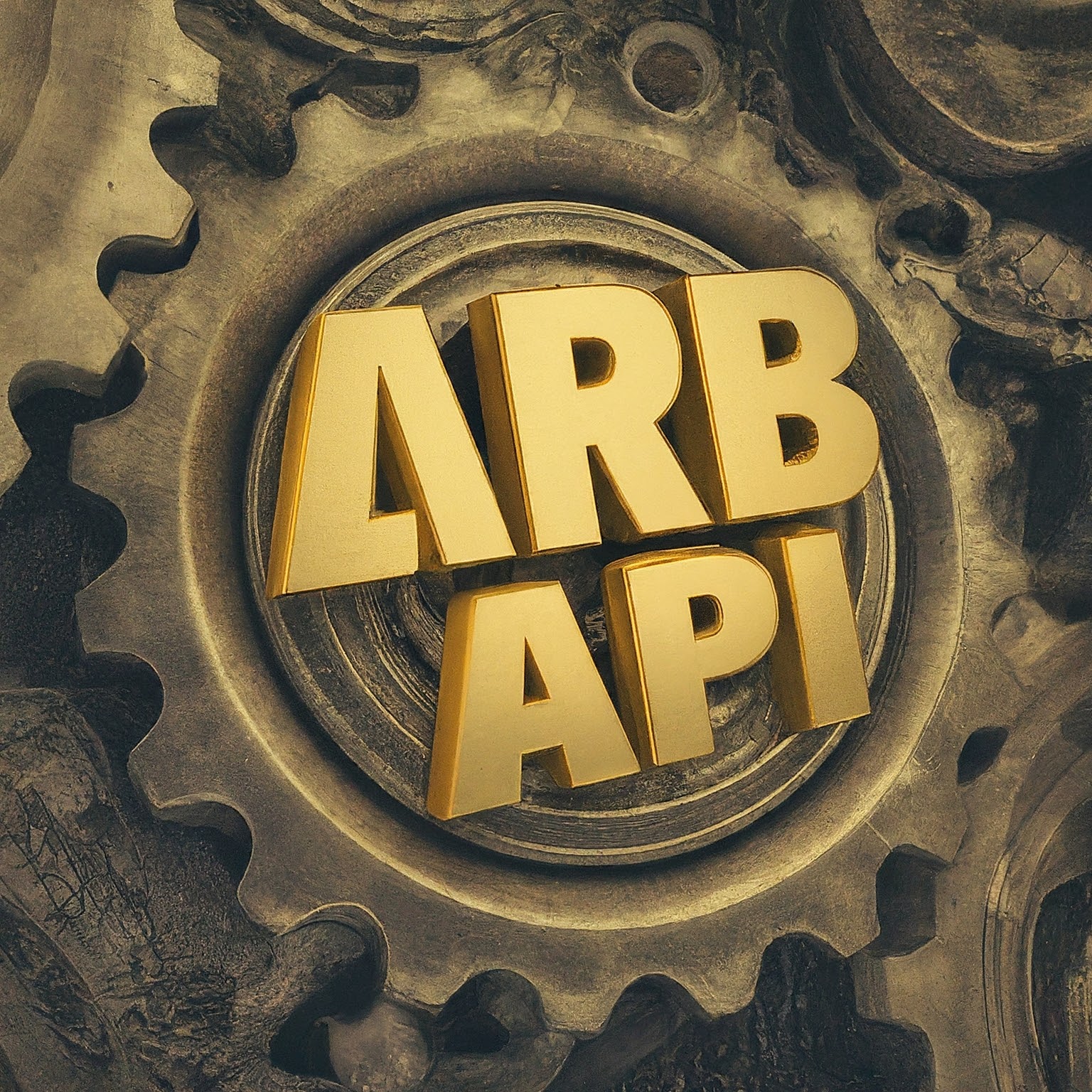

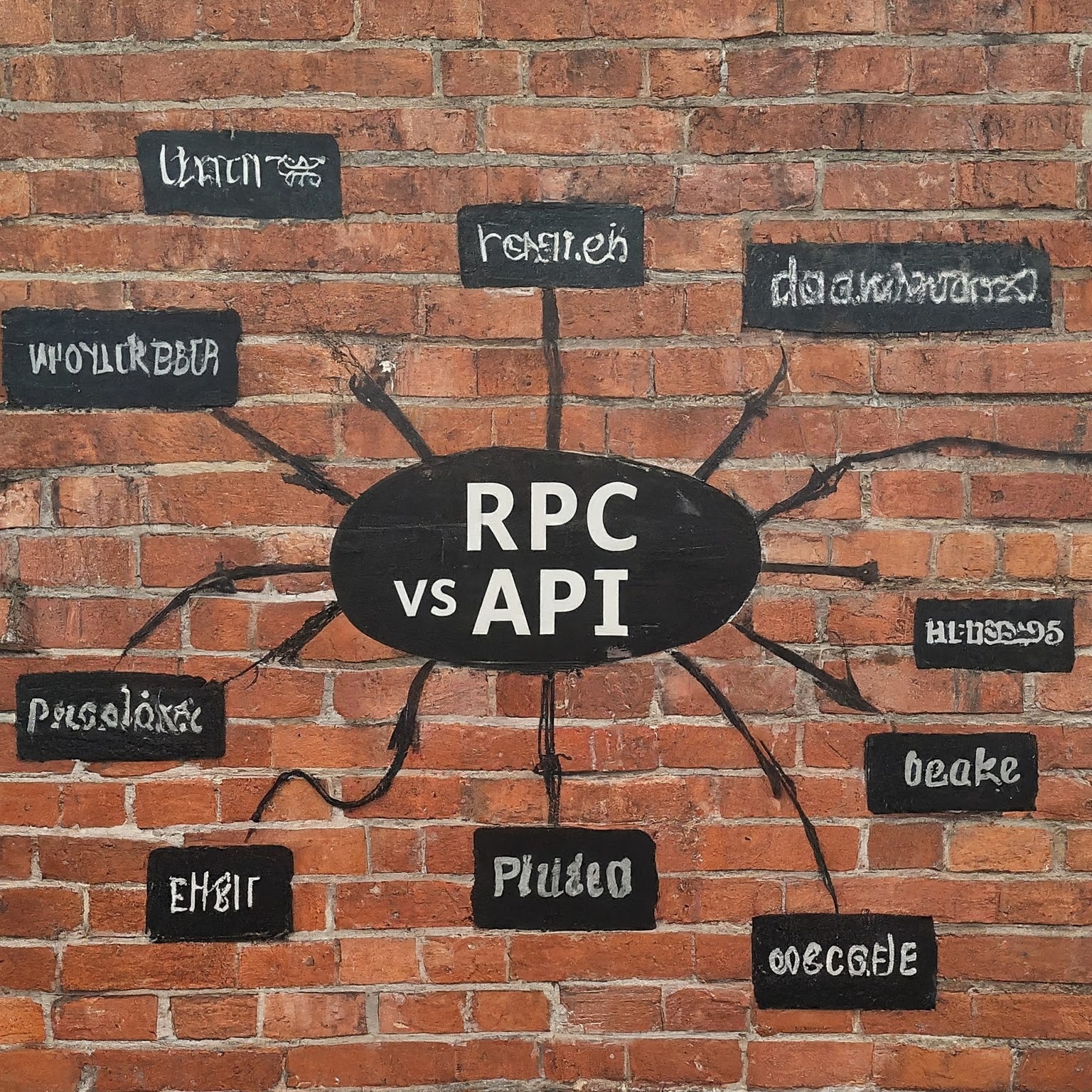




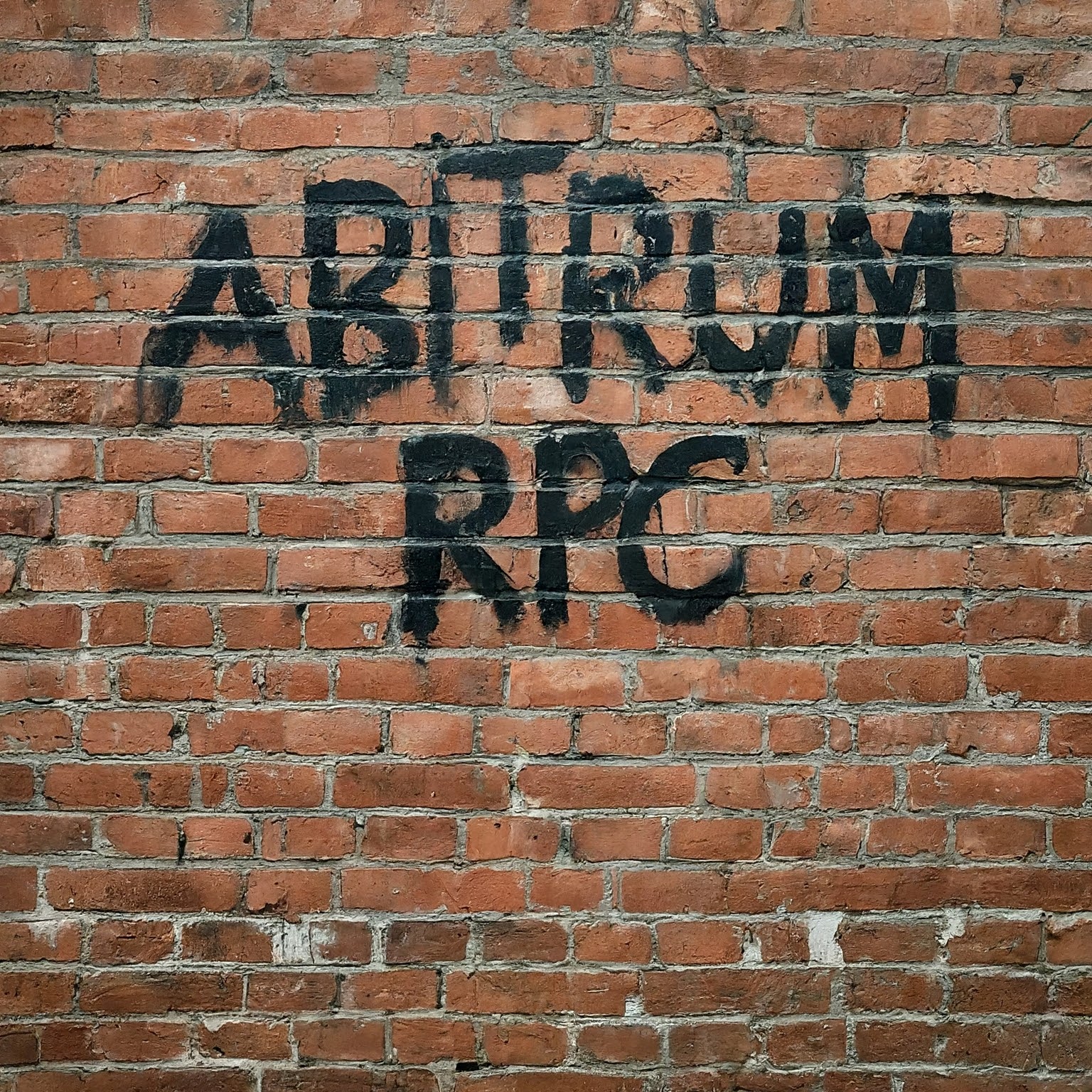

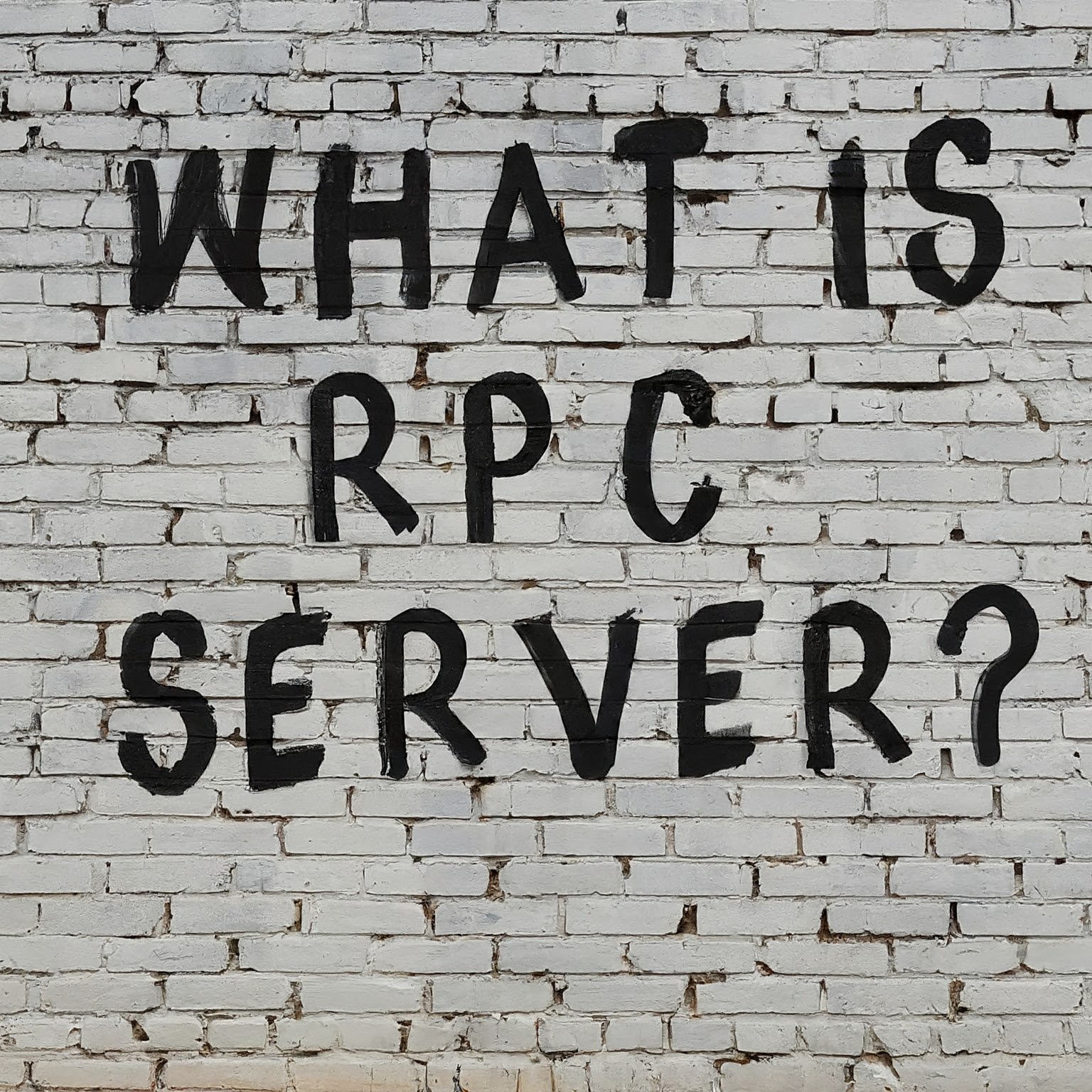
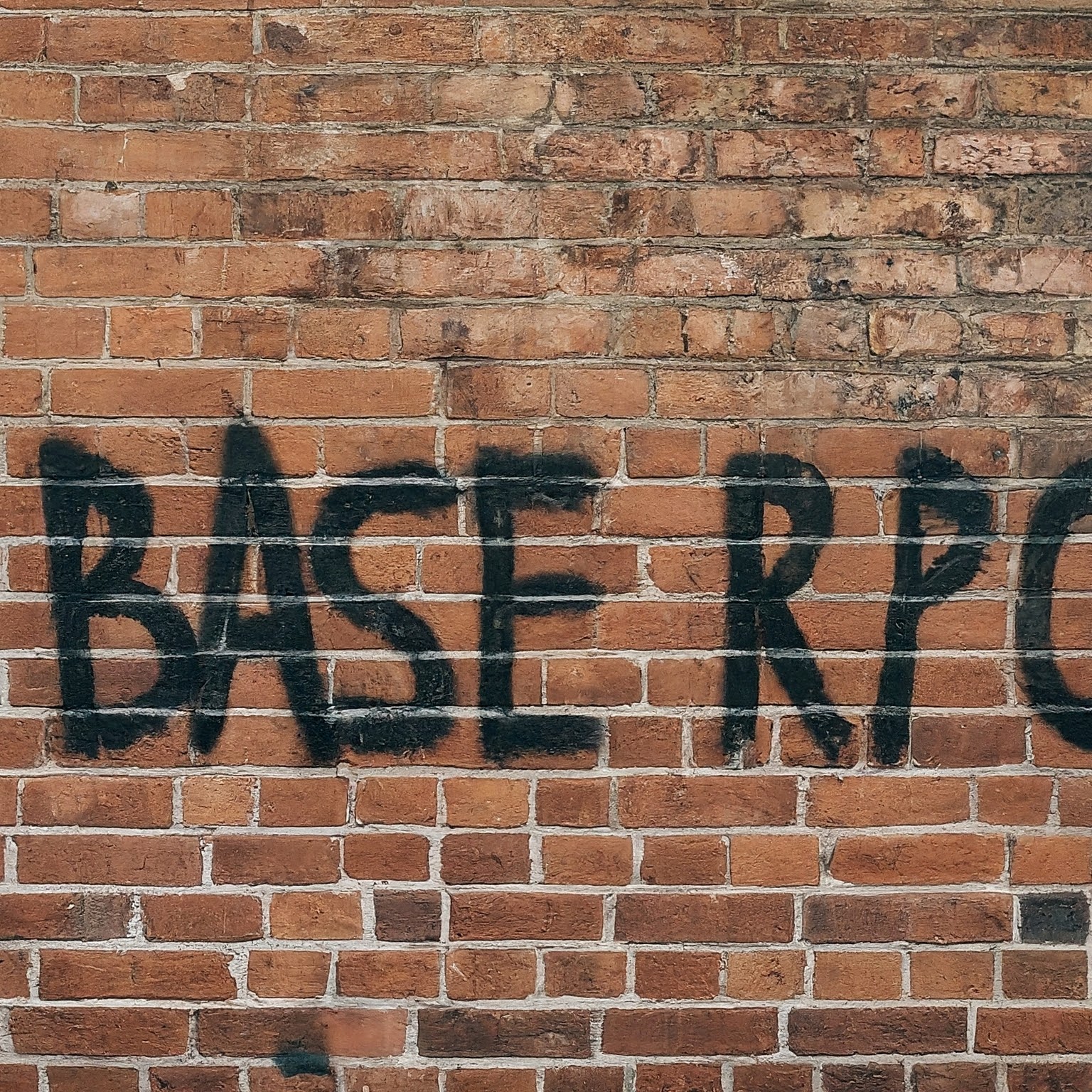
Leave a Reply
You must be logged in to post a comment.